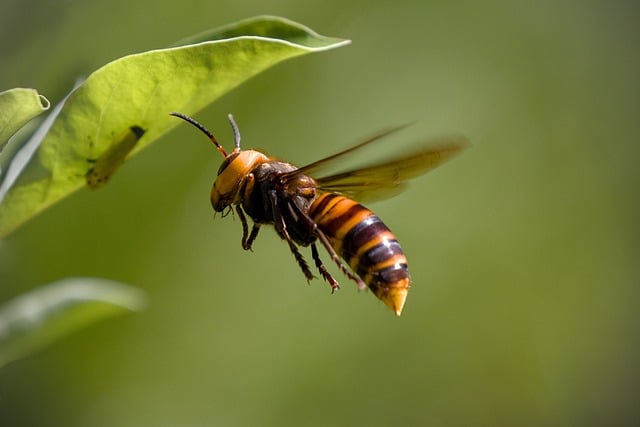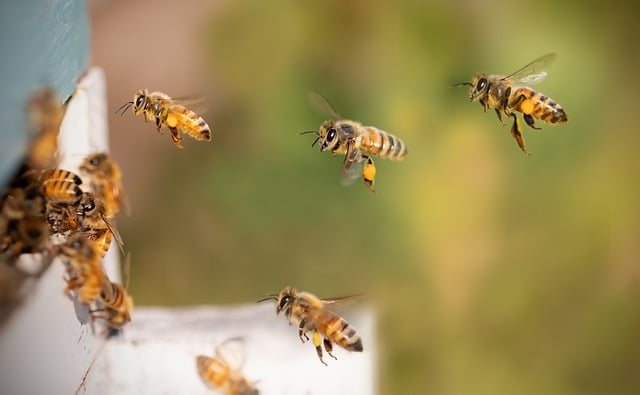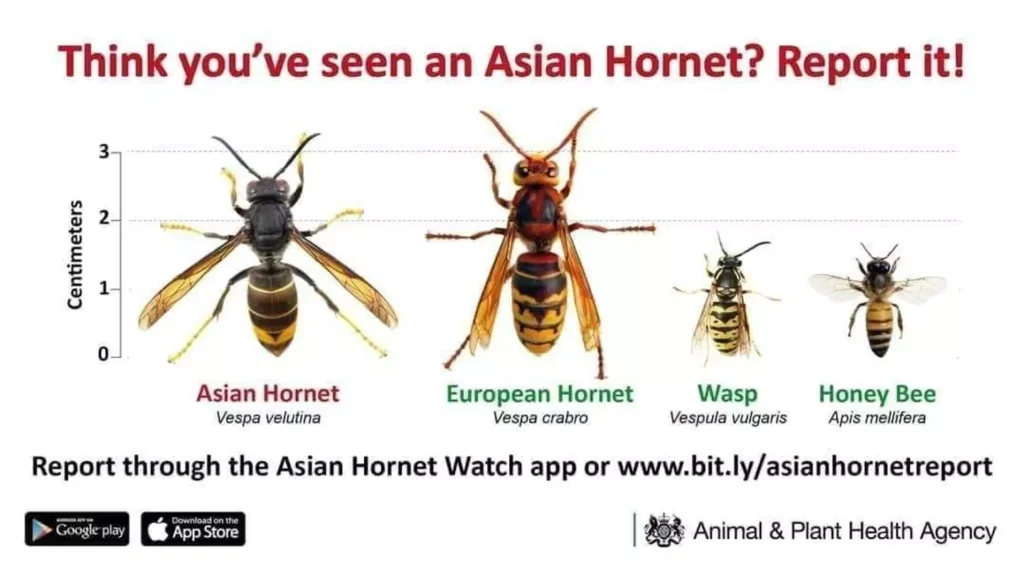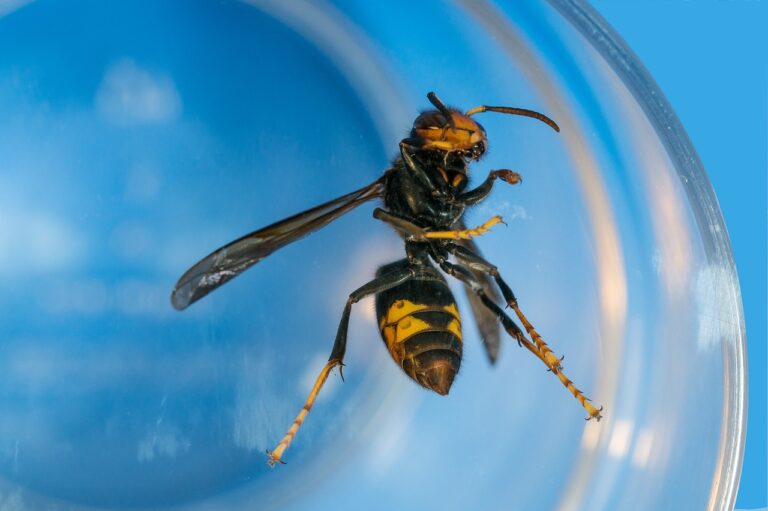Watch Out for Asian Hornets This Summer!
Brits, while we’re eagerly waiting for some consistent summer sunshine, there’s something else to keep an eye out for – Asian hornets. With their potential surge this season, beekeepers and the public are urged to stay vigilant.
What is an Asian Hornet?

The Vespa velutina, commonly known as the Asian hornet, is slightly smaller than our native hornet. They are identifiable by their very dark bodies, a wide orange stripe on the fourth abdominal section, and yellow leg ends. Although they pose no greater health risk than native wasps and hornets, they do present a significant threat to honey bees and other insect pollinators.
Why the Concern?

Asian hornets are capable of consuming up to 50 honey bees a day. This alarming fact has heightened the alert, especially after a record number of these invasive insects were found in the UK in 2023.
What to Do If You Get Stung
Jay Riggs from Zeal CBD explains that being stung by an Asian hornet is more painful than other stinging insects. “The sting feels like being stabbed by a red-hot needle and can cause severe swelling and aching for days.”
Spotting and Reporting Asian Hornets

If you think you’ve seen an Asian hornet, report it immediately using the Asian Hornet Watch app available for both iPhone and Android, or via the online report form. Alternatively, you can email alertnonnative@ceh.ac.uk with a photo if possible. You can also visit The Wildlife Trust here to identify a hornet.
Key Points:
- Do not approach or disturb a nest.
- Asian hornets are generally not aggressive unless their nest is threatened.
Expert Insights
Professor Nicola Spence, Defra’s Chief Plant and Bee Health Officer, emphasizes the importance of early sightings. “The public’s vigilance is crucial for swift and effective action against the threat of Asian hornets. Although they pose no greater risk to human health than other wasps or hornets, their presence can damage honey bee colonies and harm other pollinators.”
Preventative Measures
The National Bee Unit has installed traps across Kent, East Sussex, Devon, and North Yorkshire to monitor and control the population.
Stay alert and help protect our precious pollinators by reporting any sightings of the Asian hornet promptly.
Stay Updated:
- Follow the latest updates on the gov.uk sightings page.
- Keep informed through BeeBase if you are a beekeeper.
By staying informed and vigilant, we can collectively mitigate the impact of Asian hornets on our environment.
